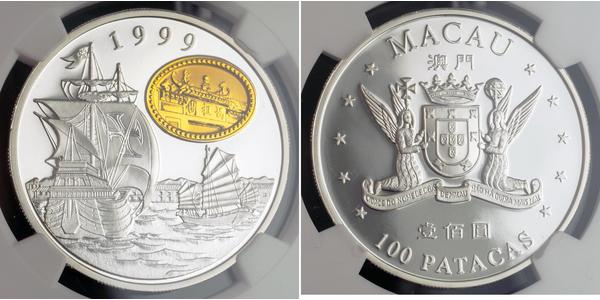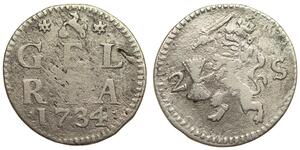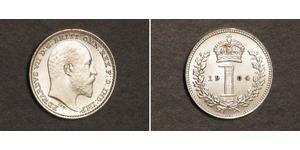(sold for $61.0)
1999, Macau. Proof Silver Gilt 100 Patacas. "Return of Macau to China" NGC PF-69!
Mint Year: 1999 Reference: KM-96. Mintage: 38,888 pcs. Condition: Certified and graded by NGC as PF-69! Denomination: 100 Patacas - Return of Macau to China Material: Sterling Silver (.925) w. gold plating Weight: 31.10gm Diameter: 37mm
The transfer of sovereignty of Macau from the Portuguese Republic to the People's Republic of China (PRC) occurred on 20 December 1999. Macau was settled and governed by Portuguese merchants in 1535, during the Ming Dynasty(1368–1644 AD). Portugal's involvement in the region was formally recognized by the Qing in 1749. The Portuguese governor João Maria Ferreira do Amaral, emboldened by the First Opium War and the Treaty of Nanking, attempted to annex the territory, expelling Qing authorities in 1846, but was assassinated. After the Second Opium War, the Portuguese government, along with a British representative, signed the Sino-Portuguese Treaty of Peking that gave Portugal sovereignty over Macau, on the condition that Portugal would cooperate in efforts to end the smuggling of opium.
After the founding of the People's Republic of China in 1949, and the transfer of China's seat to the PRC at the United Nations in 1971, foreign minister Huang Hua appealed to the UN Special Committee on Decolonization to remove Macau (and Hong Kong) from its list of colonies, preferring bilateral negotiations ending in a return of the territory, rather than the expected independence outcome. The authoritarian right-wing government of Portugal was expelled by the Carnation Revolution, a coup that occurred in 1974. Within one year, the government of Portugal withdrew troops from Macau, withdrew recognition of the Republic of China in favour of the People's Republic, and began negotiations for the return of Macau. Four conferences from June 1986 to March 1987 resulted in a Sino-Portuguese Joint Declaration on 13 April 1987 and the transfer of sovereignty on 20 December 1999. Macau is granted a high level of autonomy and the retention of its legal system by the Macau Basic Law.
Macau or Macao, officially the Macao Special Administrative Region of the People's Republic of China, is a special administrative region on the western side of the Pearl River estuary in southern China. With a population of 653,100 in an area of 32.9 km2(12.7 sq mi), it is the most densely populated region in the world.
Macau was formerly a colony of the Portuguese Empire, after Ming Chinaleased the territory as a trading post in 1557. Originally governing under Chinese authority and sovereignty, Portugal was given perpetual occupation rights for Macau in 1887. The colony remained under Portuguese control until 1999, when it was returned to China. As a special administrative region, Macau's system of government is separate from that of mainland China.
Originally a sparsely populated collection of coastal islands, the territory has become a major resort city and the top destination for gambling tourism. It is the ninth-highest recipient of tourism revenue and its gaming industry is seven times larger than that of Las Vegas. Although the city has one of the highest per capita incomes in the world, it has severe income inequality.
Macau has a very high Human Development Index and the fourth-highest life expectancy in the world. The territory is highly urbanised and most development is built on reclaimed land; two-thirds of total land area is reclaimed from the sea.

|
Posted by:
anonymous 2019-05-10 |
1 Penny United Kingdom Silver Edward VII (1841-1910)
group has 5 coins / 5 prices
⇑
























